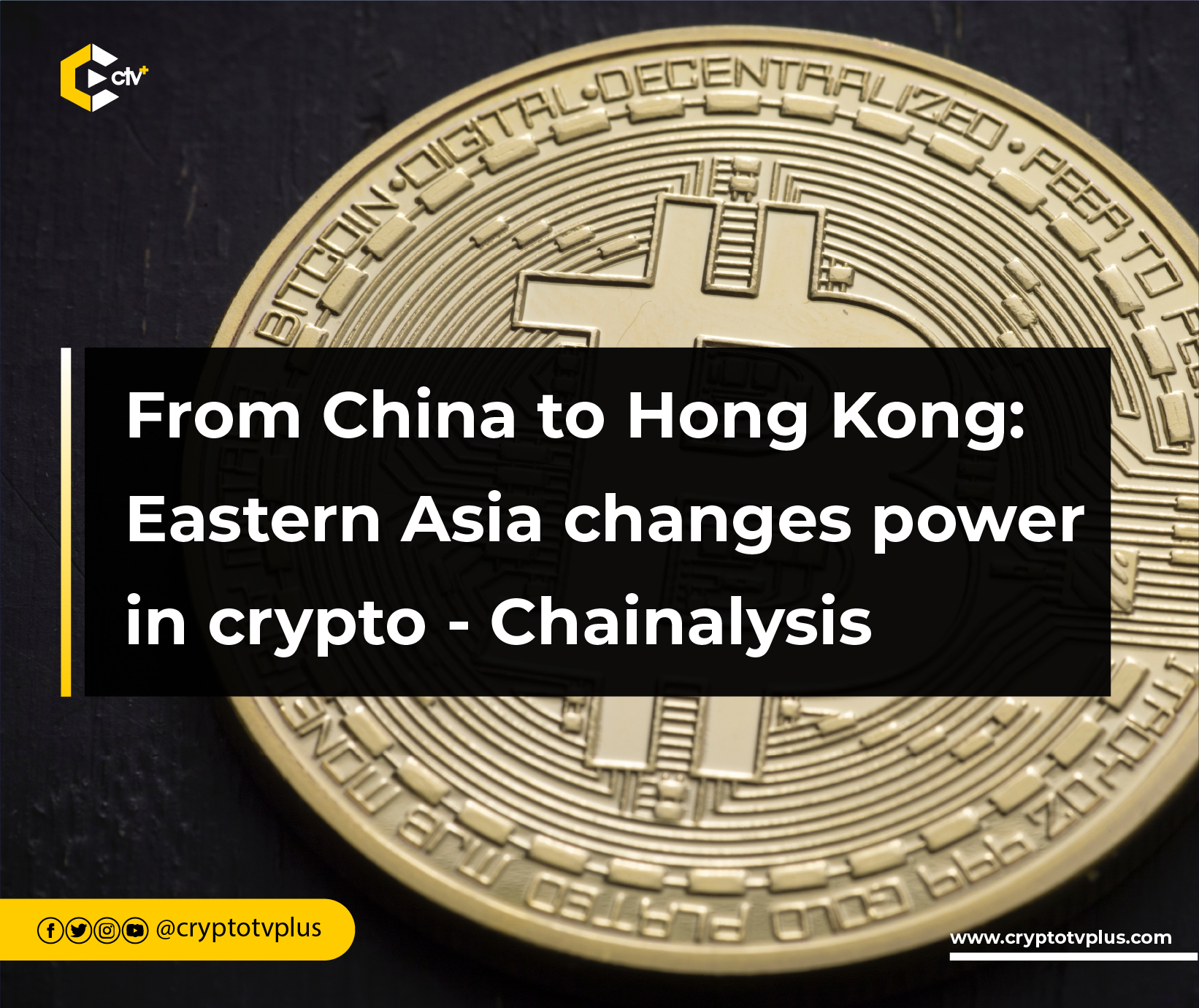News
From China to Hong Kong: Eastern Asia changes power in crypto – Chainalysis

In recent years, Eastern Asia, which was once a major hub for the cryptocurrency world, has undergone significant changes in its crypto landscape. The decline in crypto activity in the region can be largely attributed to China’s strict regulations and bans on various cryptocurrency-related activities. This shift has led to a reevaluation of the region’s role in the global crypto market.
China, being a dominant force in the cryptocurrency space, was responsible for a substantial share of global cryptocurrency transactions and mining activities, especially in 2020.
However, with China’s comprehensive bans on nearly all crypto-related activities, this once-dominant position has been eroded.
Chainalysis’s latest report revealed that amidst these challenges, Hong Kong has emerged as a beacon of hope for the region’s crypto enthusiasts.
The city has introduced crypto-friendly regulations and initiatives, which have generated optimism and speculation about a potential change in China’s stance towards digital assets.
It added that Hong Kong’s approach may signal a more lenient or supportive attitude towards cryptocurrencies, which could have ripple effects throughout the entire region, especially in China.
Hong Kong: a crypto beacon in Eastern Asia
Chainalysis further stated that, as a Special Administrative Region of China, Hong Kong has witnessed the growth of its crypto market, largely due to various initiatives and regulations introduced in the past year.
Hong Kong’s crypto market has experienced impressive expansion as it recorded an estimated $64.0 billion in cryptocurrency transactions between July 2022 and June 2023. Notably, the figure is not far behind mainland China’s $86.4 billion during the same period.
It noted that this is particularly remarkable considering that Hong Kong’s population is only 0.5% the size of mainland China’s. A significant portion of this crypto activity can be attributed to Hong Kong’s highly active over-the-counter (OTC) market, where large institutional transfers occur privately, away from public scrutiny.
Furthermore, in Hong Kong, institutional investors have incorporated Bitcoin and Ethereum into their investment portfolios and exhibited curiosity in smaller altcoins.
Retail users are enticed by the prospect of substantial returns, while international users utilize cryptocurrencies to transfer wealth from unstable economies and for efficient cross-border business payments.
A Regional Comparison: Transaction Size Matters
The report also highlighted some notable distinctions in Hong Kong’s cryptocurrency landscape compared to its neighboring regions in Eastern Asia. One key difference is the distribution of transaction sizes.
In Hong Kong, there is a strong focus on cryptocurrency activities conducted by major institutions or large players. However, mainland China has a more balanced distribution of transaction sizes, implying a mix of both smaller and larger transactions.
South Korea, on the other hand, has a different pattern. It relies more on centralized cryptocurrency exchanges and has fewer decentralized finance (DeFi) transactions.
This is primarily due to regulatory requirements in South Korea that create obstacles for institutional players, pushing the market towards centralized exchanges and reducing the use of DeFi platforms.
In Japan, the distribution of crypto transactions between retail and institutional participants is more in line with what is observed in the worldwide crypto market.
These differences show that cryptocurrency adoption is influenced by regulations, market dynamics, and the participation of various players like retail investors and institutions.
Crypto Platform Preferences and the future
Speaking about how preferences for crypto platforms also differ across Eastern Asia and what the future holds for crypto, Chainalysis said that in Japan, there is nearly equal usage of both centralized exchanges and various decentralized finance (DeFi) protocols.
While South Korea displays a greater inclination toward centralized exchanges, where a substantial 68.9% of transactions take place, due to the TerraLuna incident, both China and Hong Kong are largely centered around over-the-counter (OTC) markets and informal peer-to-peer transactions.
It added that it is important to note that any potential change in Hong Kong’s approach to cryptocurrencies doesn’t necessarily reflect China’s overall position.
Nonetheless, the participation of state-backed Chinese entities in bolstering crypto initiatives in Hong Kong suggests a cautious exploration of digital assets without loosening regulations on the mainland.
Hong Kong’s ascent in the crypto world offers various use cases and opportunities, both for local and international users. While the future remains uncertain, the apparent approval of Hong Kong’s new crypto initiatives may hint at a shift in China’s stance on cryptocurrency. This development could lead to intriguing developments in a region that was once a crypto powerhouse.
Read also; Chainalysis: Crypto’s role in terror financing is minimal

























1 Comment